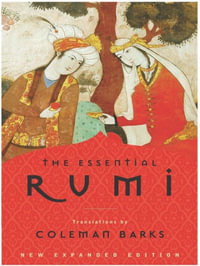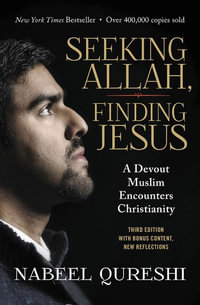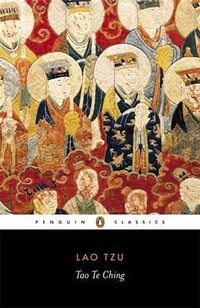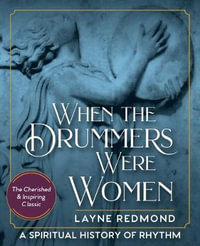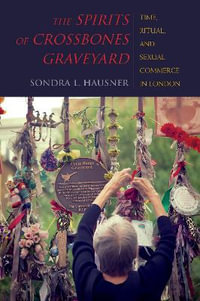Since at least the attacks of September 11, 2001, one of the most pressing political questions of the age has been whether Islam is hostile to religious freedom. Daniel Philpott examines conditions on the ground in forty-seven Muslim-majority countries today and offers an honest, clear-eyed answer to this urgent question.
It is not, however, a simple answer. From a satellite view, the Muslim world looks unfree. But, Philpott shows, the truth is much more complex. Some one-fourth of Muslim-majority countries are in fact religiously free. Of the other countries, about forty percent are governed not by Islamists but by a hostile secularism imported from the West, while the other sixty percent are Islamist.
The picture that emerges is both honest and hopeful. Yes, most Muslim-majority countries are lacking in religious freedom. But, Philpott argues, the Islamic tradition carries within it "seeds of freedom," and he offers guidance for how to cultivate those seeds in order to expand religious freedom in the Muslim world and the world at large.
It is an urgent project. Religious freedom promotes goods like democracy and the advancement of women that are lacking in the Muslim-majority world and reduces ills like civil war, terrorism, and violence. Further, religious freedom is simply a matter of justice--not an exclusively Western value, but rather a universal right rooted in human nature. Its realization is critical to the aspirations of religious minorities and dissenters in Muslim countries, to Muslims living in non-Muslim countries or under secular dictatorships, and to relations between the West and the Muslim world.
In this thoughtful book, Philpott seeks to establish a constructive middle ground in a fiery and long-lasting debate over Islam.
Industry Reviews
"Philpott makes several important contributions to the study of religious freedom." -- Perspectives on Politics
"Is Islam hostile to religious freedom? On the surface the answer would seem obvious - yes. But in this thoughtful and thorough book Dan Philpot provides data, rigor, and analysis to present a picture that is nuanced and complex. Some of his conclusions are surprising, all are deeply insightful." --Fareed Zakaria, host of Fareed Zakaria GPS
"In this book, Daniel Philpott explores various views about 'Religious Freedom in Islam' and offers practical recommendations for expanding freedom of religion and belief in the Muslim World. He forcefully argues against the notion that the world's 1.6 billion Muslims are incapable of religious freedom while at the same time pointing out the dearth of religious freedom in many majority Muslim countries. This book is an outstanding contribution to the literature
dealing with the challenge to pluralism and tolerance by extremists." --Farahnaz Ispahani, author of Purifying the Land of the Pure: A History of Pakistan's Religious Minorities
"Here is an informed, honest and nuanced study on the freedom deficit in the contemporary world of Islam. Unlike the Islamophobes who have an agenda against the faith, and the apologists who do not acknowledge the troubles within it, Philpott examines the tensions between Islamic law and religious freedom while not neglecting secular aspects of the problem. His comparisons to the Catholic tradition are particularly insightful, as the case for freedom can be
similar in different traditions." --Mustafa Akyol, Senior Fellow on Islam and Modernity at the Cato Institute

